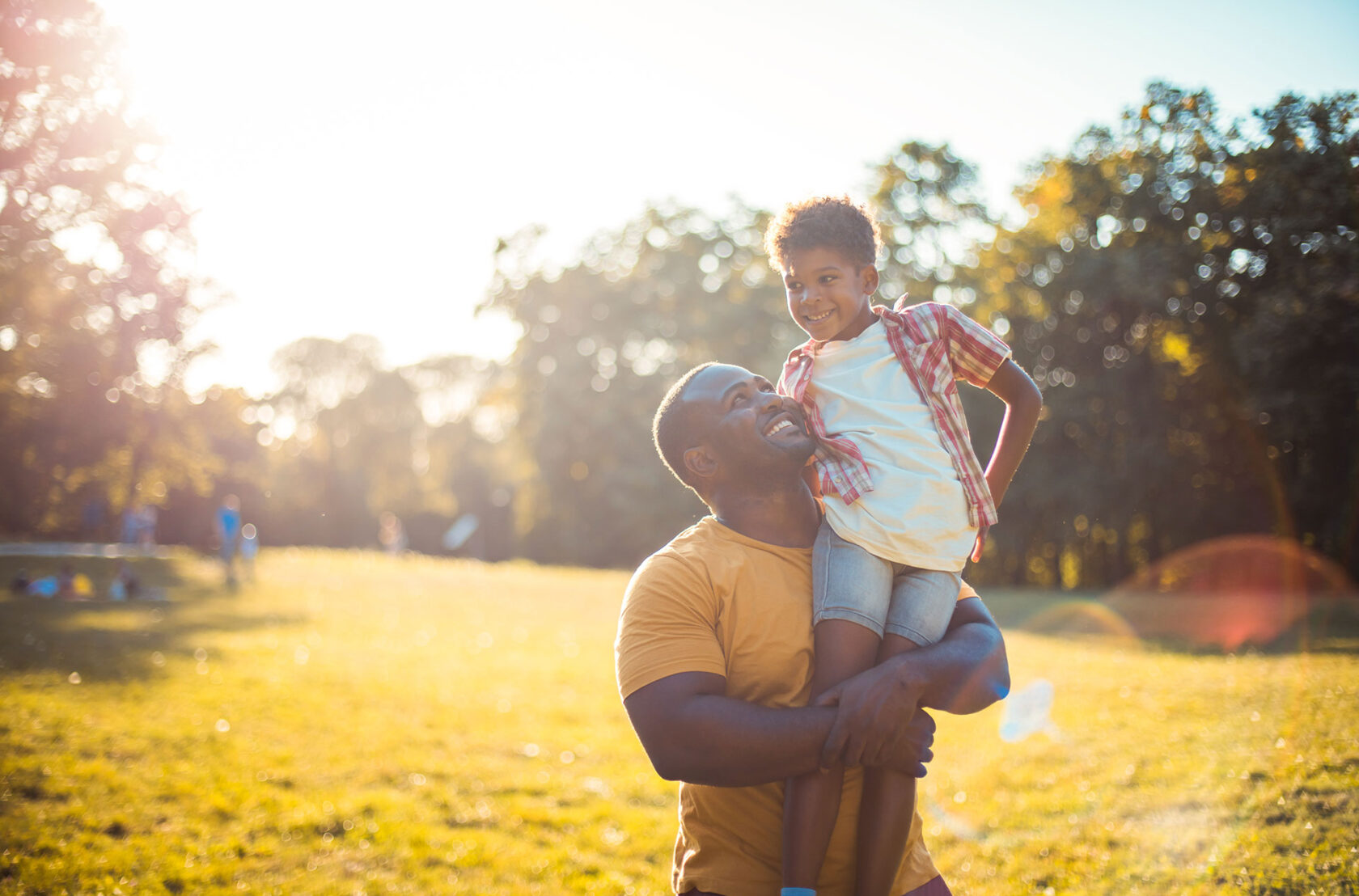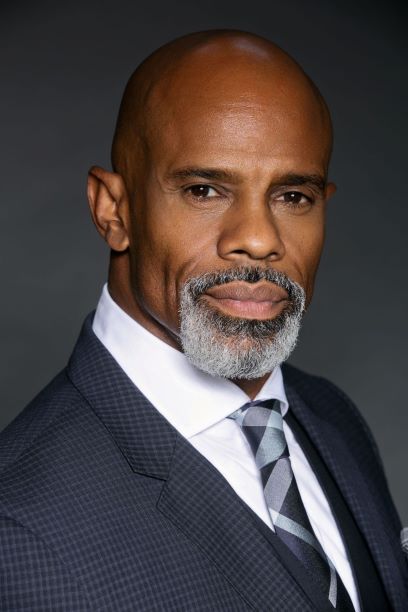|
|
|
See another section in Articles & Speeches |
|
|
Parenting for Healthy Manhood
By Ted Bunch, Chief Development Officer of A CALL TO MEN
 There’s no greater wonder than a newborn and no greater feeling than holding a baby. I’m always filled with emotion at the promise of each new life and the potential every child holds. I’m also attuned to the fact that we – all of the folks around that child and our larger society – have already begun – consciously and unconsciously – to influence how that child’s identity will take shape. From the color of their room to the toys given as gifts, we are imposing our own socialization and ideas about gender onto that child. There’s no greater wonder than a newborn and no greater feeling than holding a baby. I’m always filled with emotion at the promise of each new life and the potential every child holds. I’m also attuned to the fact that we – all of the folks around that child and our larger society – have already begun – consciously and unconsciously – to influence how that child’s identity will take shape. From the color of their room to the toys given as gifts, we are imposing our own socialization and ideas about gender onto that child.
At A CALL TO MEN, we know that boys are taught to not show fear or weakness, not ask for help, not to cry or express emotion other than anger, to exhibit qualities associated with power, dominance and control, to be tough, to man up, and to believe that men and boys have more value than women and girls. We call this the collective socialization of manhood.
By the time our boys are just three years old, we are telling them not to cry, which is really telling them not to feel. When they do things that are outside of the traditional, hyper-masculine notions of manhood, they are punished, put down, ridiculed and bullied. We want to actively push back against that socialization and help our boys embrace and express their full selves and a wide range of emotion. That’s really the first step toward a healthy manhood.
I’m often asked for age-appropriate strategies to help boys broaden their emotional experience. Here are some things that have worked for me and that we offer as suggestions to other parents.
For toddlers and young children
Help them identify their emotions. Ask questions like: “Are you feeling sad? Are you disappointed? Did that make you happy? You seem absolutely joyful!” Helping build their emotional vocabulary will serve as a foundation for their emotional intelligence and strengthen their ability to problem solve. Choose books that talk about feelings and emotions. The Feelings Book by Todd Parr and The Way I Feel by Janan Cain are great examples.
For young boys and pre-teens
Make emotions relatable. Share age-appropriate stories about your own experiences when you were hurt, disappointed, sad, joyful, nervous, etc., and how you dealt with those experiences. I have always found it helpful to have conversations in the car, or at a restaurant where there’s an opportunity to talk one on one, but also a bit of a distraction so that no one feels pressured.
For teenagers and young adults
Normalize emotions. Watch television shows or movies together that explore conflict and discuss the resolution. Ask questions about how they would handle similar situations. When they share something they are going through, ask how that makes them feel prior to offering any advice. Be intentional about seeking content in film, television, books, and other media that reflects a diverse mix of people and experiences.

Ted Bunch Activist, Educator is the Co-founder of A CALL TO MEN. He is recognized both nationally and internationally for his expertise in organizing and educating men in the effort to end violence against women. He is dedicated to strengthening community accountability to end all forms of violence against women.www.acalltomen.org
Related articles at Feminist.com:
CALL TO MEN: Honoring the Next Generation of Manhood by Marianne Schnall
|